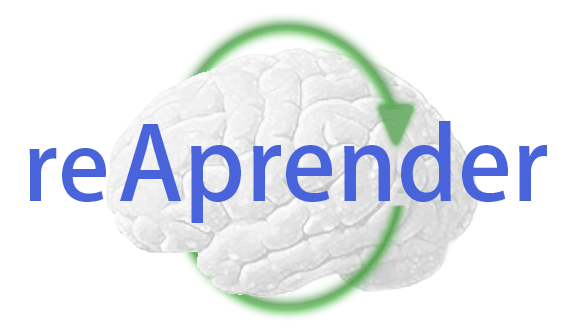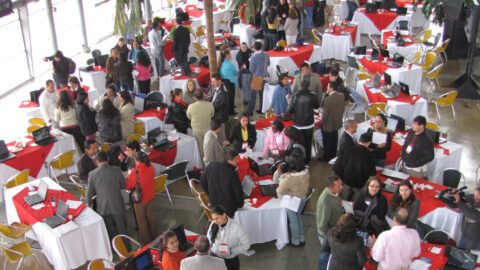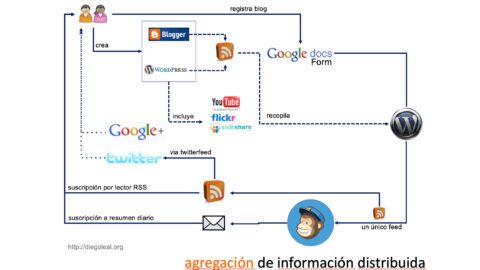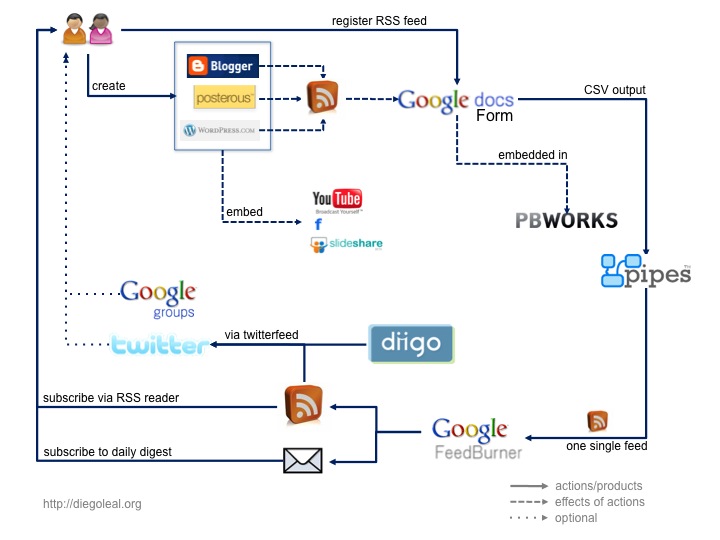After thinking about the talk I had with Stephen, and participating in a meeting to evaluate the videoconference service used in last week's seminar, I've ended up with some draft ideas about what could make sense in the use of ICT in Colombia (meaning, where could we go):
- To have a higher coverage: According to Nielsen, ITU, NIC, etc., (in a page compiled by ExitoExportador), the Internet users in Colombia are just the 7.8% of the population. This is a trend we have to work on, especially in the educational sector. What if we think about:
- Finding strategies so each higher education (and basic?) teacher could have a computer (desktop or laptops, though some context situations would make desktop PCs more desirable) to develop not only her work, but other activities which help to strength her IT skills.
- Get an active webcam for each and every teacher (the reason for this is in another post) in her workplace, and access to videoconference applications (like Access Grid or Isabel)
- Having a higher online presence: The web content available in Spanish is just a small fraction of that available in English. We really need to move from information consumers to information producers. What if we think about:
- Having a higher web presence for our teachers, promoting the creation of local educational blogs, for example. The use of blogs as a tool to build electronic portfolios has been already documented, so this strategy could be used in the development of new faculty performance evaluation systems.
- This last idea has an advantage: It would give our teachers a higher visibility (however, this depends on the publication language used) and concrete possibilities to participate on the online communities which already exists. In fact, the national initiatives we propose on the communities area should have a strong blogging component.
- Having massive online presence (this has to do with another post), promoting the use of IM services (Skype, ICQ, MSN, you name it).
- Enhancing the available information and communication tools: One of the biggest problems with much of the information available on the web is we don't know where it is or how to get to it. What if we think about:
- Developing light desktop information systems (sort of Stephen's Edu_RSS) and profiling tools, which help each and every teacher get in real time the information of her interest. Like Stephen suggested, tools like this could become plugins for the productivity tools available, so everyone could get online references to their interests while writing a report, and article, or a blog post.
- Promoting the access to educational repositories, but having these contents delivered to each user's desktop.
However, there are some related conditions, which could decide the success or failure of ideas like those exposed:
- We need a higher government participation in the funding of this work. The amount of resources that, for example, the European Union give higher education institutions to help them acquiring and integrating ICT is way higher than ours. That's an important issue for our congressmen and government organizations.
- If the requests grow but the resources don't, this won't work. If we get to popularize the use of videoconference, for instance, our institutions will have growing bandwidth requirements, which are still very expensive. If there are not enough resources to support this requirements (and I don't know enough as to propose some way to achieve this, but I'm open to suggestions), the cost will be (possibly) transferred to the student, which would make even more expensive a higher education that is already expensive.
Just some draft ideas that I've been processing in the last days. Just a draft. :-)





